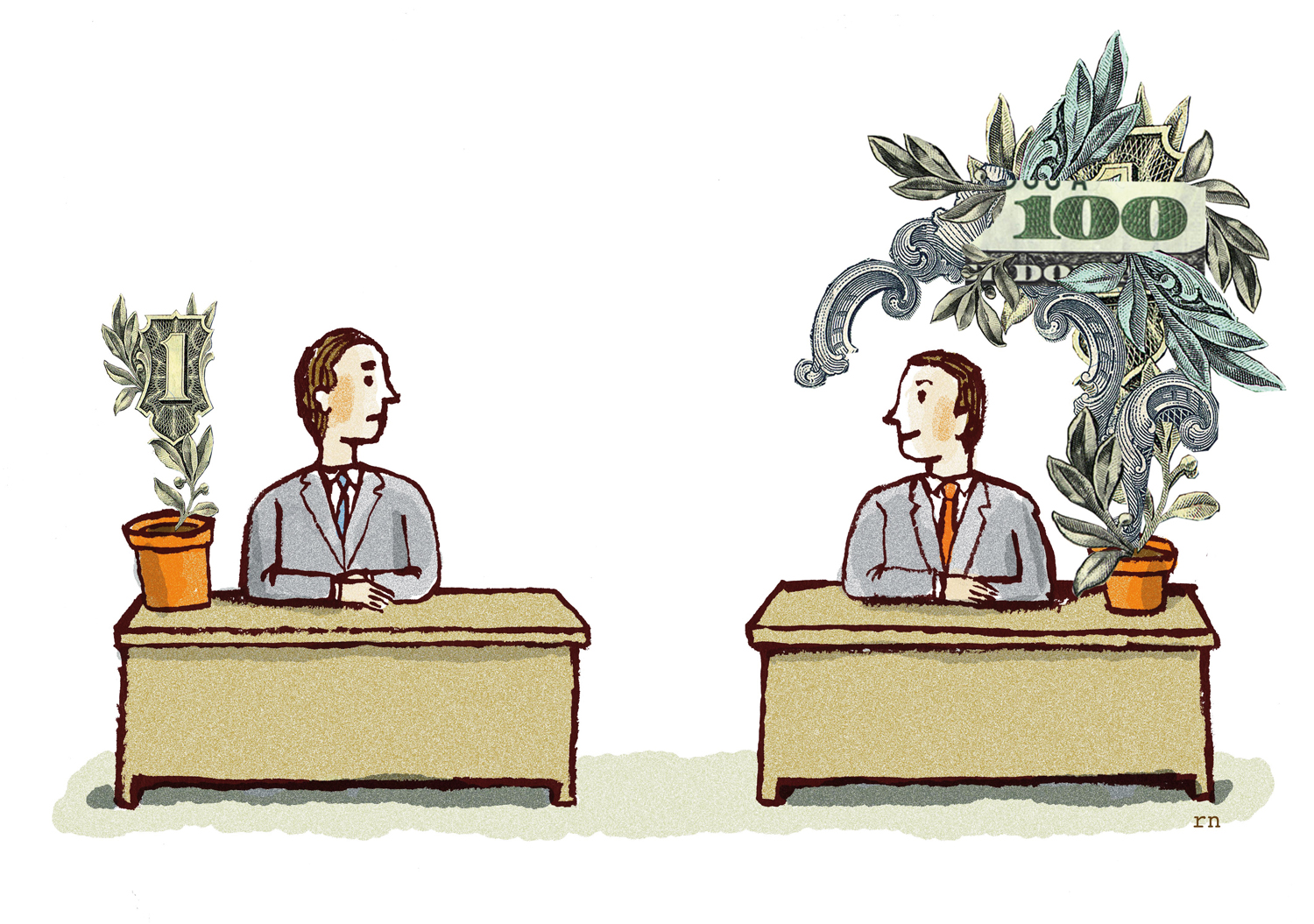Household Bills
Top bosses see 30% pay increase despite sluggish economy

Pay rises for chief executives continue to outstrip those offered to company managers.
According to salary data published today by the Chartered Management Institute, top level jobs have seen sharp increases in bonus payments in the past year compared to previous years.
The gap widens further still for chief executives whose pay rose five times as much as that of the average executive – leaving CEOs earning 30% more than forecast on the basis of salaries recorded when the National Management Salary Survey first took place 40 years ago.
The salary data, taken from more than 43,000 executives in 180 UK organisations, shows that basic salaries plus bonuses rose just 3% on average over the last year, in line with a 3% increase the year before and trailing behind retail price inflation.
Although the average basic salary for directors increased by just 2.7% over the past year, the figure jumps to 5.3% when bonus payments are taken into account.
This compares with a much smaller 2.1% salary plus bonus rise for directors between 2011 and 2012.

Wellness and wellbeing holidays: Travel insurance is essential for your peace of mind
Out of the pandemic lockdowns, there’s a greater emphasis on wellbeing and wellness, with
Sponsored by Post Office
Similarly, chief executive basic salaries increased by just 1.8%, but when bonuses are added in the percentage increase leaps to 15.8%.
The figures released this time last year showed a salary plus bonus decrease for chief executives of 0.5%.
Frances O’Grady, general secretary of TUC, said: “Ordinary people are suffering the biggest squeeze on their incomes in almost a century, but families’ financial pain is not being shared by their top bosses who have huge bonuses to cushion them against any drop in their living standards.
“While real wages continue to fall for working people, the cosy pay clubs setting salary and bonus payouts for top executives are awarding payouts that bear little relation to company performance and that only serve to widen the gap between the richest and the poorest in the UK.”
The TUC says that with the annual general meeting season coming up, it will try to ‘inject a long overdue dose of reality into British boardrooms’ and will use the power of pension funds to encourage ‘a new and more responsible corporate Britain’.
This report comes at a time when the Office for Budget Resposibility data points to the average worker facing a £6,000 loss to their income by 2014 due to wages failing to keep up with increasing prices.
Ann Francke, chief executive of CMI, added: “A loaf of bread that cost 11p in 1973 might cost you nearly fourteen times as much today. By comparison, the average CEO is taking home nearly 20 times as much as in 1973 and that’s 30% more than we would have expected.
“The question is, do today’s CEOs really add 30% more value? Those at the top have benefited from soaring pay over many years, while mid-level managers and others have been left behind.
“Compounded by this year’s pay rises at the top, bosses run the risk that this pay gap will leave staff disillusioned and disengaged a time when motivated, engaged employees are vital for business success.”